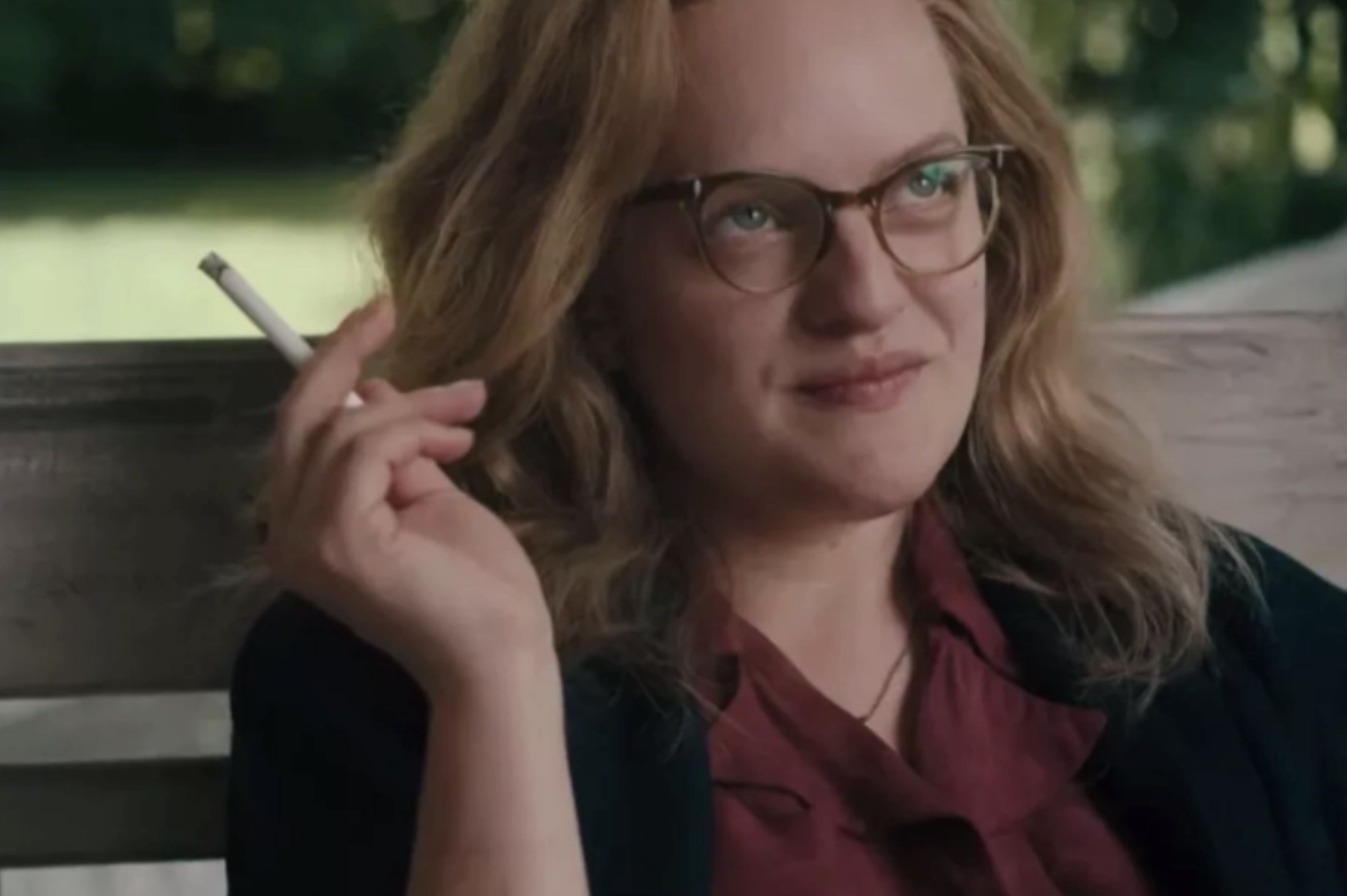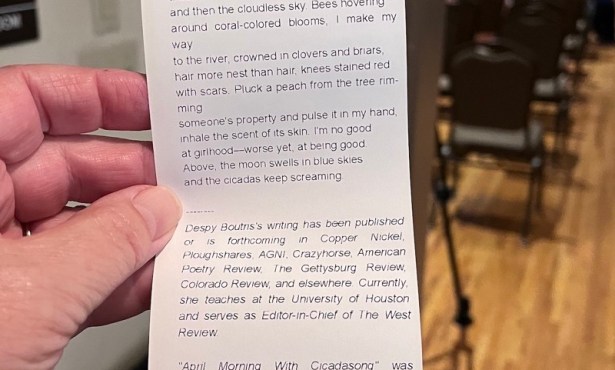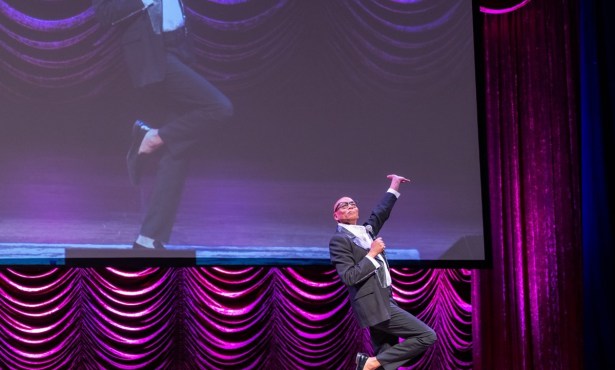Film | ‘Shirley’s Elisabeth Moss Keeps Viewers Tuned In
Film Suffers from Too Little Insight, Too Much Surface Exploitation

Recently, The New Yorker saw fit to reprint a controversial classic from its vast short story archives, Shirley Jackson’s brief, startling and lingering “The Lottery,” written in 1948, and one of more than 200 short stories in Jackson’s canon. The occasion was the magazine’s “archival issue,” branded with the subhead “Voices of American Dissent.” And yet historical/archival relevancy and specifically American issues are hardly the only factors linked to this timeless, dark tale, in which a community’s certain sordid tradition and collective fear and loathing strike a COVID-era chord too close for comfort.
Of course, supplying comfort to a reader was never a priority for Jackson. Her hypnotic, unique artistic angles on horror and angst attained artful majesty in her most popular book, The Haunting of Hill House (adapted as a Netflix series in 2018), and, by many accounts, her best — and final — book, We Have Always Lived in the Castle.
Zooming out from the art to the artist herself, Jackson (1916-1964) has a vivid, tragic story of her own — as a distinctive literary figure deserving wider recognition, who suffered from agoraphobia and repressive conditions as a reluctant “faculty wife” to a power-mad, philandering Bennington professor. Although the subject doesn’t get the respect and full portrait deserved in the new Hulu film Shirley, Jackson (masterfully played by the chameleonic Elisabeth Moss) at least enjoys a moment in the spotlight, and just in a lockdown moment when TV-glued masses are sitting ducks hungry for content.
Rather than opting for a more broadly spun biopic approach to Jackson’s life and career, Shirley heeds the narrative logic of a small slice-of-life hoping to convey the larger picture. In this case, the core truth is further blurred by the fact that director Josephine Decker based her film on the semi-fictional 2014 Shirley: A Novel by Susan Scarf Merrell. In this premise, we meet the acridly witty Jackson late in life, as she is suffering one of her debilitating reclusive bouts, while her dubious professor/critic husband (a hirsute Michael Stuhlbarg, in a masterful portrayal we love to hate) has inducted a young student couple into their Bennington house of mirrors and petty horrors. (The tense foursome relationship reveals echoes of the inter-generational and academic power dynamics in Edward Albee’s Who’s Afraid of Virginia Woolf).
Throwing herself into a new book project, tellingly about a murdered college student, Jackson finds a renewed reason to excuse herself from family duties, or from socializing with the ostracizing town/faculty folk. As she tells her husband, outsiders are worried that “my dark thoughts are going to infect them.” Early in the film, the young woman (Odessa Young), who becomes more than a friend to Jackson, tells the author that she found “The Lottery” “thrillingly horrible.”
Biopics can be inherently problematic beasts, especially those about something as elusive as artists and what makes them tick. We get too little insight and too much surface exploitation in Shirley. In the end, what makes the film work and keep us tuned in is Moss, whose remarkable range so far runs from Mad Men moxie to her Handmaiden’s Tale triumph, from the ravaged rock star in the underrated Her Smell to her back-storied-cop role in Top of the Lake. Add a few pounds, cat-eye glasses, a chain-smoker’s steady supply of cigarettes, and a complex batch of attitudes, and voila, her Jackson is another feather in the IMDB cap.
Shirley has its irritating issues, but it also has courage, actorly bravura, and literary allusions to its credit. This may also be one of the recent TV offerings most likely to get people away from the screen to catch up on some great American reading. “The Lottery” is a fine place to start, or restart.
At the Santa Barbara Independent, our staff continues to cover every aspect of the COVID-19 pandemic. Support the important work we do by making a



